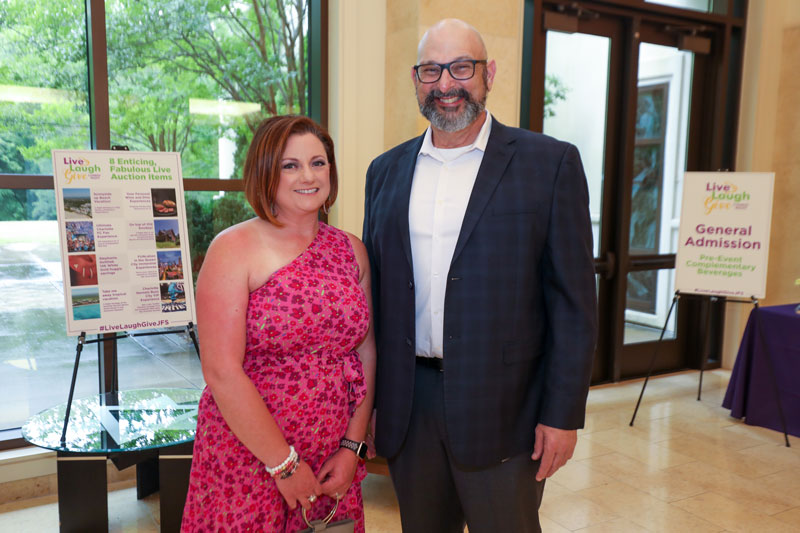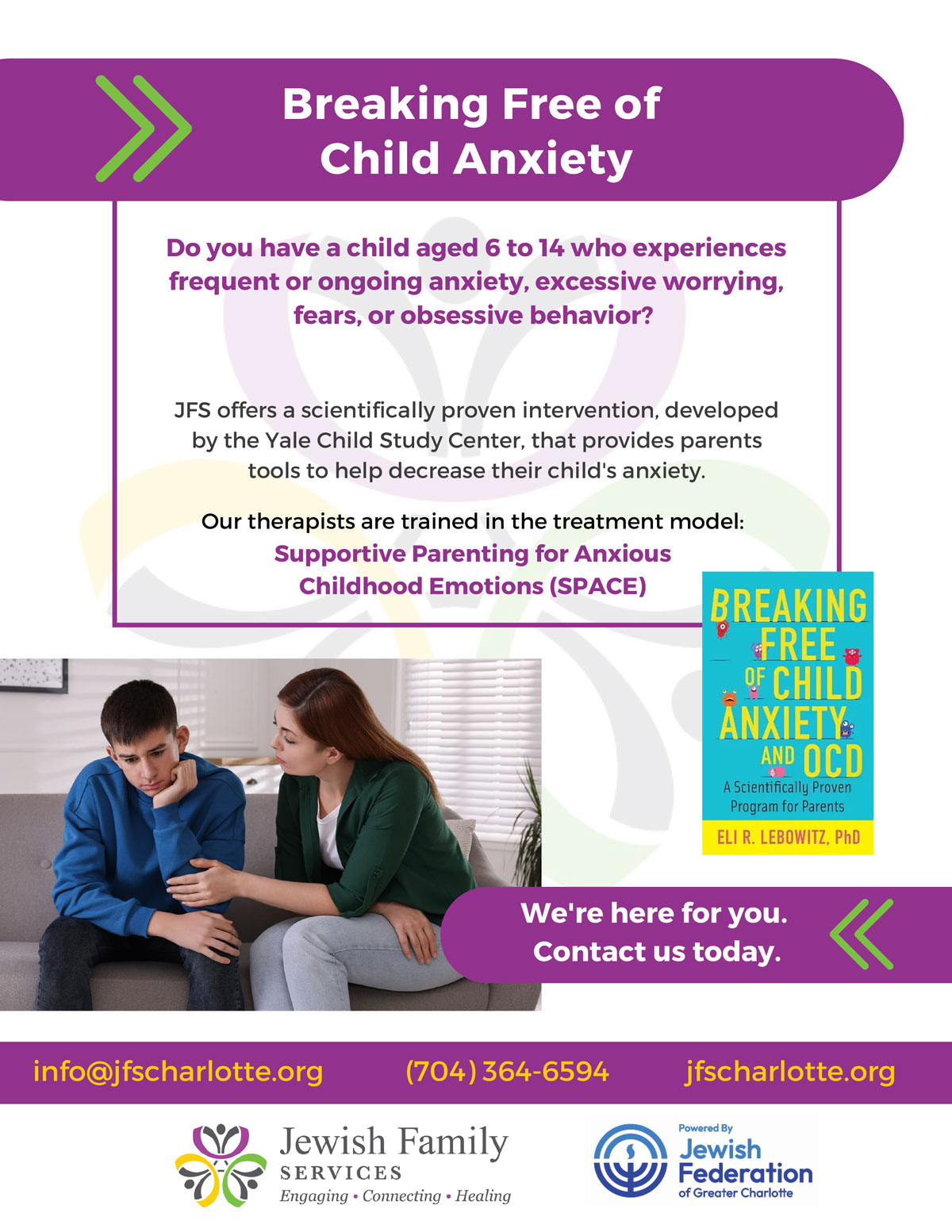
Helping your Child Cope with Anxiety




JOB TITLE: Finance and Administrative Services Manager
PROGRAMS: All Jewish Family Services Programs
FSLA STATUS: Exempt
DIRECT REPORTS: Administrative Support Specialist, Client Services Specialist, Accounting Assistant
POSITION SUMMARY:
Reporting to the Executive Director, the Finance and Administrative Services Manager is responsible for the overall management of administrative functions for the organization including finance, risk management, office operations, human resources and technology.
DUTIES / RESPONSIBILITIES:
Financial Management
Office Operations
Human Resources:
Oversee the management of human resource policies, procedures, and employee benefits as per the JFS Personnel Manual and in compliance with all state and federal laws governing employment.
Information Technology:
Fundraising and Development:
Work closely with management staff, tracking proper documentation of donations and gift designations.
Supervisory, Management, Strategic, Risk Management
KNOWLEDGE AND SKILLS:
MINIMUM QUALIFICATIONS:
A Bachelor’s Degree with a degree with at least five years of experience working in a finance related position. Experience working in a non-profit organization and experience in human resource functions preferred.
To apply for this position, please email resume to: info@jfscharlotte.org

Job Title: Senior Engagement Specialist/Case Manager
Programs: All JFS Programs
Population Served: Adults and Older Adults
FSLA Status: Full Time Non-Exempt
POSITION SUMMARY:
The Senior Engagement Specialist/Case Manager is responsible for assisting with program development, care management, information and referral and outreach services to Adults and Senior Adults. The Senior Engagement Specialist/Case Manager reports to the Senior Engagement Manager.
Employment Classification:
The Senior Engagement Specialist/Case Manager is a full-time non-exempt position.
Duties/Responsibilities:
Individualized Senior Engagement and Case Management Services, which may include
Community Outreach Services
Admin and Strategic
Knowledge and skills:
Minimum Qualifications:
A Bachelor’s Degree, preferably in the Social Services. At least two years of experience working with the Senior Adult population preferred.
To apply for this position, please email resume to: info@jfscharlotte.org

On June 11 more than 300 guests “laughed and gave” at Jewish Family Services’ (JFS) Live Laugh Give comedy night fundraising event. This year recognized honorees, Eric and Susan Lerner, for their many contributions to JFS, the Jewish community and the greater Charlotte community. The event welcomed back headliner, Orny Adams who did not disappoint with his one-liners and jokes. Howard Olshansky, JFS Executive Director, shared the statistics of the sharp increase in needs that have resulted in a waiting list of people looking for support. He went on to explain that “this is not unique to JFS, the need for mental health support and case management services for senior adults has seen a dramatic increase in just the first 3 months of 2023, more so than the entire year in 2022.” Oshansky shared, “we are so moved that once again our community opened their hearts and the event raised over $200,000 to help JFS secure the necessary staffing to meet the growing mental health needs of our community and ensure our community’s seniors have the means to live independently in safe and stable housing.”
Adina Loewensteiner and Andrew Bernstein co-chaired the event, and we are grateful for the generosity of our sponsors, spearheaded by our Entertainment Underwriters, Gary and Jodi Michel. A Sponsor Reception included a meet and greet with Adams and heavy hors d’oeuvres preceded the event followed by a post event Dessert reception, underwritten by Pinnacle Financial Partners.
The monies raised from Live Laugh Give and the Family to Family Campaign beginning in the fall, along with tributes and generous donations throughout the year, helps ensure JFS continues to provide the support our community has come to depend on. Live, Laugh, Give exceeded expectations, a success not possible without the support of our community. The philanthropic support to JFS’ fund raising activities truly represent the community’s commitment to ensure JFS is able to engage, connect and heal those struggling in our community. For more information on donating funds, contributing to the food pantry or volunteering your time, please visit our website at JFSCharlotte.org or call 704-364-6594.




